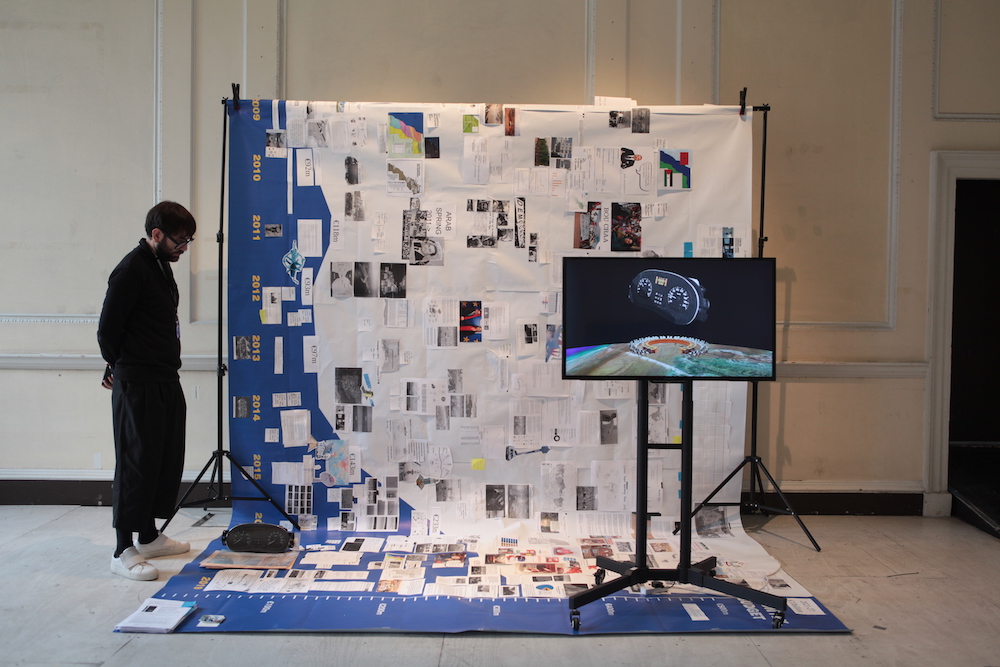Dr Btihaj Ajana, Senior Lecturer at the Department of Digital Humanities, is involved in an upcoming workshop on “”€uro-Vision: Monstrification between Extraction and Border”. The workshop is free and open to all, supported by Arts Catalyst, a nonprofit contemporary arts organisation that commissions and produces trans-disciplinary art and research. Their goal is to “activate new ideas, conversations and transformative experiences across science and culture, engaging people in a dynamic response to our changing world.”
Further details on the workshop and registration can be found below.
Join us for a workshop exploring the extractivist gaze of the EU’s migration policy in the Mediterranean region.
8th December
€uro-Vision is a project initiated by artist duo FRAUD and Btihaj Ajana in 2018, exploring the extractivist gaze of the EU’s migration policy in the Mediterranean region. During the workshop we will interrogate how phosphate extraction in Western Sahara, fisheries partnership agreements, and the expansion of Free Trade Zones – such as the Tanger-Med one – participate in the thickening of borders and the technologies underlying their surveillance. Through the collective creation of a cartogram, we will together map different forms of power entangled in extraction politics within EU border countries (such as Morocco), charting migrant flows towards the EU from these zones.
As part of the workshop a meal will be provided.
Please bring a laptop if you have one (not a tablet). Prior knowledge of this subject area is not necessary. Free, booking essential.
ABOUT THE PROJECT
Borders are the new frontiers. From Europe’s 19th century agricultural efforts to resurrect North Africa as the Granary of Rome, postwar CFA franc* currencies, and more contemporary Free Trade and Partnership Agreements, borders echo European colonial legacies through resource extraction, migration policies, monetary systems, and surveillance technologies. North Africa, and Morocco more specifically, was the first border of the European Economic Community (predecessor of the EU) after Spain’s 1986 first Aliens Law. This Eurafrican border is the most technologically advanced and profitable of all.
€uro-Vision critically explores the extractivist gaze of the EU’s migration policy. The project aims to unpack and interrogate the interrelated politics of extraction, border surveillance technologies and mobility restrictions, exemplified in phosphate mining in Western Sahara and the Free Trade Zone of Tanger-Med.
This is particularly relevant at a time when projected free trade (namely with the United States) is lauded as the saviour to a post Brexit ‘immigrant free’ England. The latter exemplifies the dominant discourse which posits free trade (cheap labour elsewhere) as a solution to the monstrous ‘other’ leaking through the borders. €uro-Vision therefore discusses how these issues are entangled and politically deployed both spatially and socially.
SUPPORT
Supported by Acción Cultural Española
*Spaces are limited, so please only book if you are sure you’re able to attend in order to enable others to book.
**The event will be recorded. Please let us know on or before the day if you have any questions or concerns about this.

